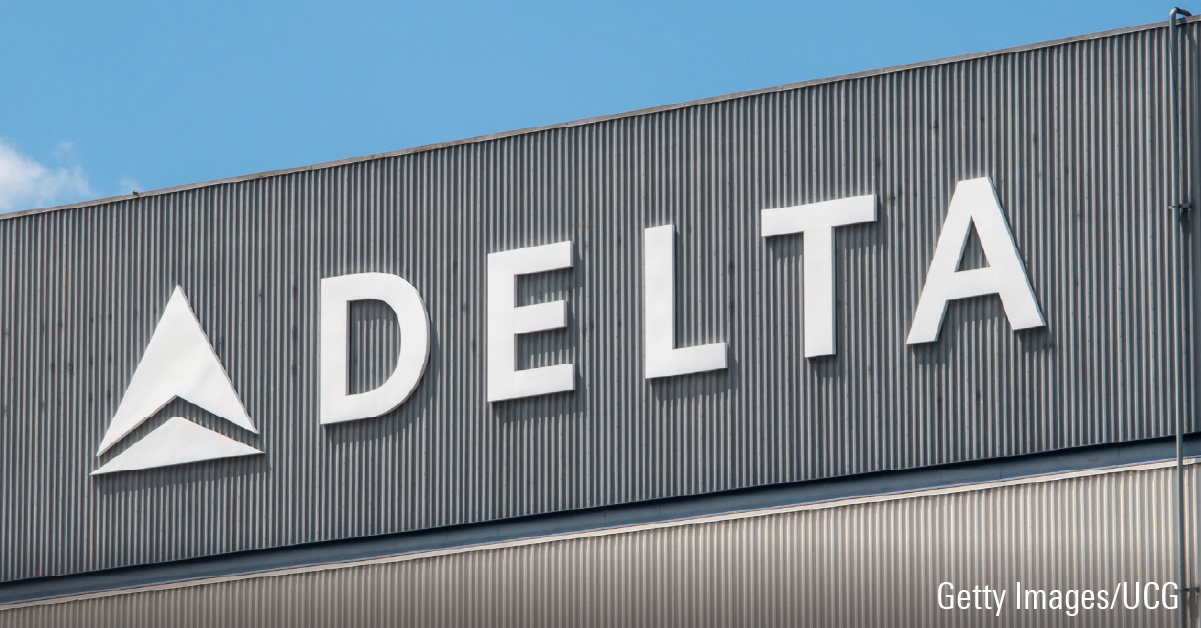Delta Air Lines: Situation Normal, All Filled Up? Cutting Fair Value Estimate 32% to $41

We’ve taken a fresh look at North American airlines and instituted an industry-based demand model for air travel, capacity, and revenue. As a result, we have lowered our fair value estimate for no-moat Delta Air Lines DAL to $41 per share from $60. We also reduced Delta’s capital allocation rating from exemplary to standard to account for the limited potential of any of its internal investments to create durable economic returns.
We now forecast the medium-term operating environment for U.S. airlines to include a return to normalized competitive dynamics after current supply constraints moderate. We forecast 2023-27 as resembling the 2015-19 period before the pandemic, with declining fuel costs, a mostly consolidated industry, and robust demand for air travel. But three key differences temper this outlook: The industry piled on billions of dollars of debt to withstand the pandemic, the current period of high profitability will have erased tax shields that the airlines all enjoyed in the previous era, and postpandemic labor agreements will add structural cost to airlines’ income statements. Although Delta remains a prudent operator, it may face challenges delivering on its premium promise in an overcrowded cabin.
Our 2027 midcycle forecasts for Delta include $0.193 passenger revenue mile yield, 21% share of a growing pool of revenue passenger miles, and load factors approaching the high 80s. Although the forecasts also incorporate $0.027 per available seat mile of additional structural costs, we maintain $0.034 of the $0.041 spread between Delta’s passenger revenue and nonfuel recurring costs per mile, leading to operating margin expansion over several years.
We reaffirm our view that because no durable competitive advantages are to be had in this industry, long-term investors should seek exposure to air travel elsewhere, such as with the wide-moat suppliers of airframes and jet engines, whose products airlines compete with one another to buy years in advance.
The author or authors do not own shares in any securities mentioned in this article. Find out about Morningstar’s editorial policies.

/s3.amazonaws.com/arc-authors/morningstar/4c0ebe77-db24-4647-aac9-f4c13027ec2f.jpg)
/d10o6nnig0wrdw.cloudfront.net/05-31-2024/t_99626deb19c94bd4a5c406e19350f0ee_name_file_960x540_1600_v4_.jpg)
/cloudfront-us-east-1.images.arcpublishing.com/morningstar/U4OLR5WQ3JFYDHD76KVW6URKTU.jpg)
/cloudfront-us-east-1.images.arcpublishing.com/morningstar/DOFK3IUSBRF5XHSFKBZHOG4J5A.jpg)
:quality(80)/s3.amazonaws.com/arc-authors/morningstar/4c0ebe77-db24-4647-aac9-f4c13027ec2f.jpg)